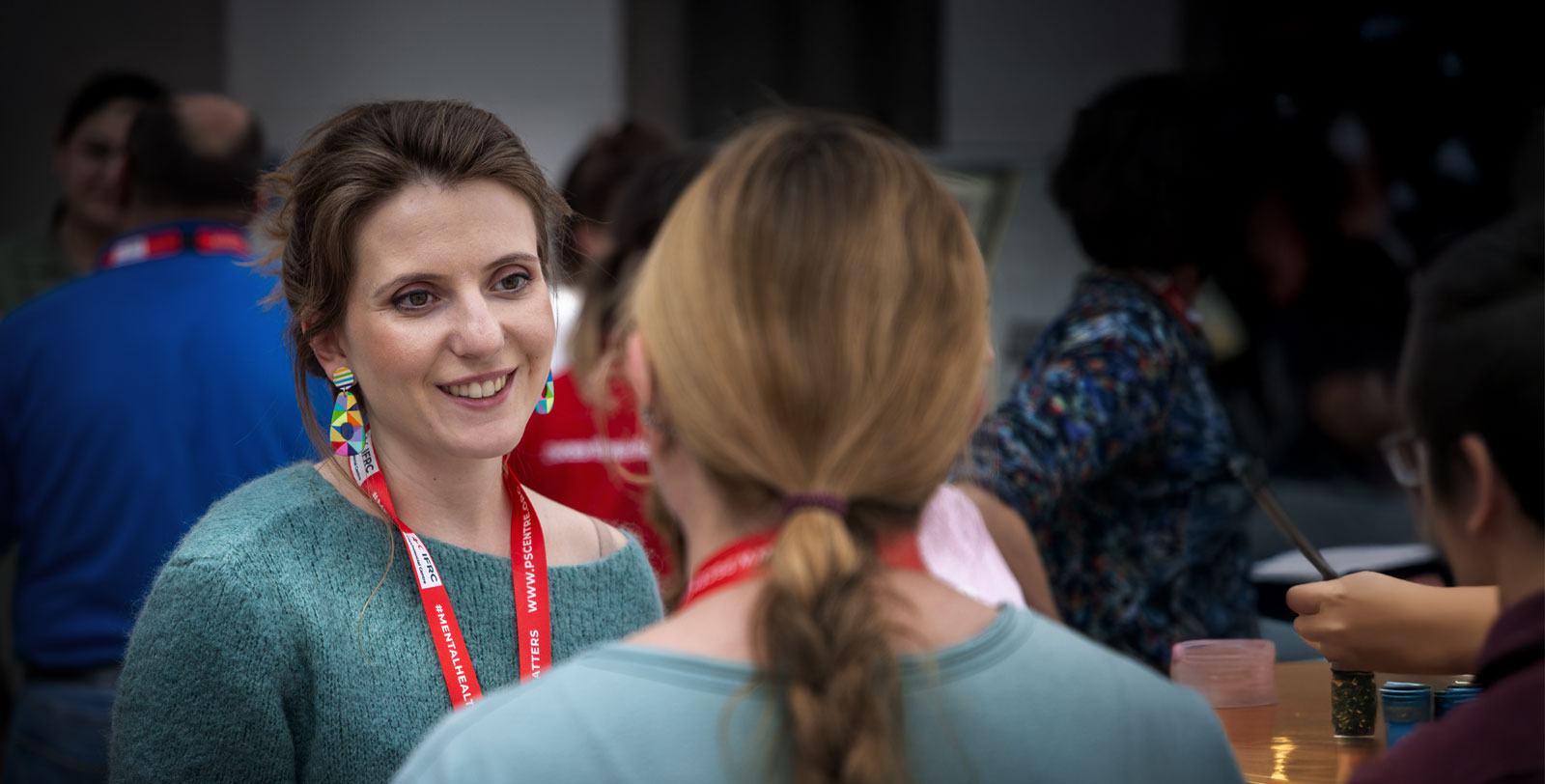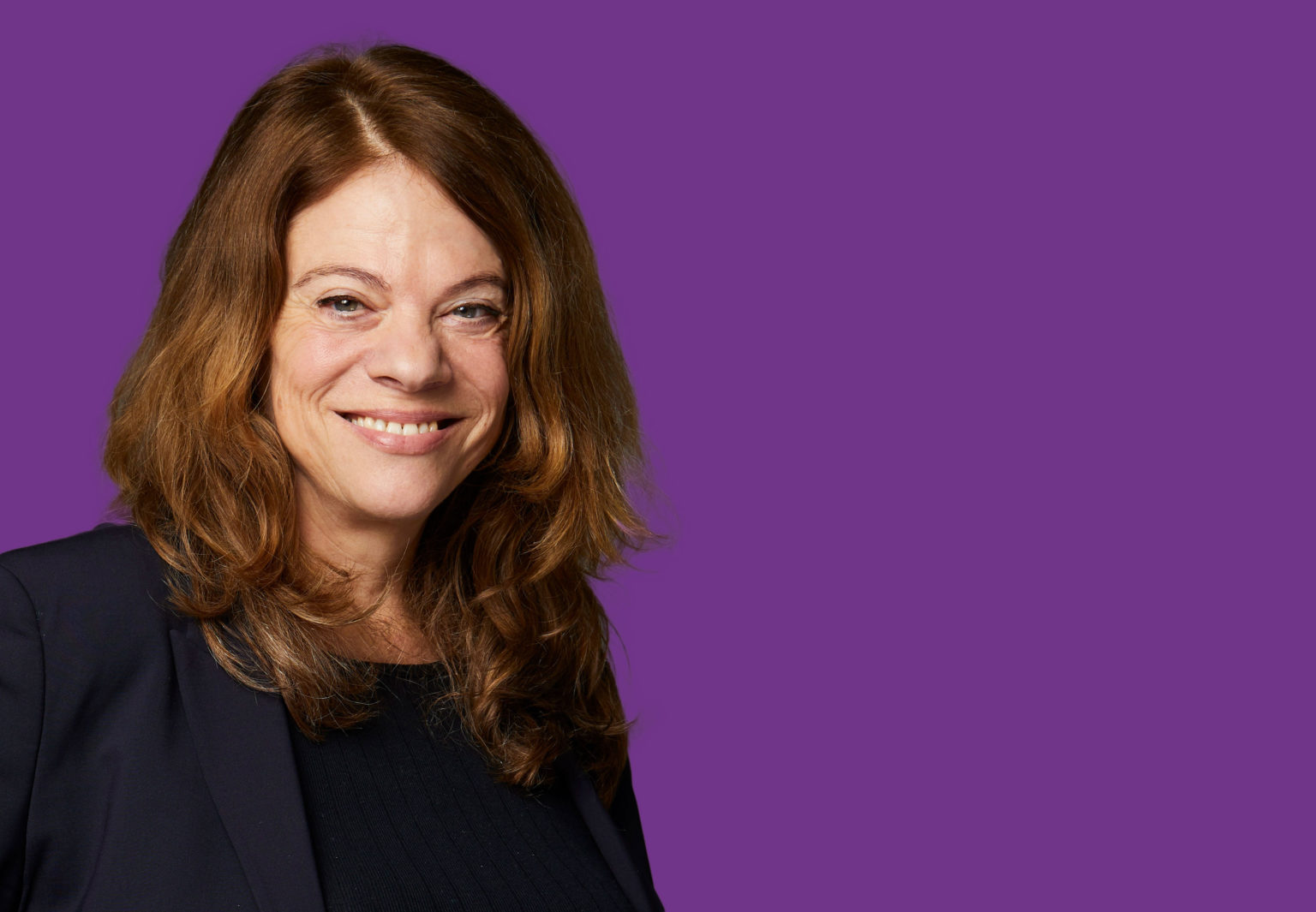The theme for International Women’s Day 2024 is to inspire the inclusion of women. In 2019, the International Red Cross and Red Crescent Movement made a significant formal commitment to the inclusion of women through Resolution 5 – Women and leadership in the humanitarian action of the International Red Cross and Red Crescent Movement.
While this commitment is real and the RCRC Movement has made tangible progress we are not there yet. The reality in 2022 remained that 53% of our volunteers were women while just 29% of our Secretary generals and 23% of National Society Presidents were women. When we, the female RCRC leaders work towards inclusion, we also commit to a culture within the Movement leadership where the voices women from diverse backgrounds are represented, heard and acknowledged.
At the same time, it is important for me to underline that when we urge the inclusion of women on this 8 March – it of course means all women including those from the poorest and most unstable regions of the world. Women caught in conflict and poverty, Women facing structural violence, abuse or persecution and women forced to flee their homes in search of protection.
Further, as the female Director for the IFRC Psychosocial Centre I want to emphasize the dire mental health implications of war, poverty, displacement and persecution for women across the globe. Traumatic experiences can indeed lead to involuntary isolation and long-term mental health challenges and for some women mental health and psychosocial support (MHPSS) is a precondition for inclusion.
However, traumatic experiences, transient distress or temporary vulnerability does not equal lack of resources – in spite of extreme circumstances women continue to fulfil their multiple roles whether as mothers, as carers, or as workers and professionals.
In our experience MHPSS like other humanitarian support to women is not only a question of moral obligation – it is a good and sound investment. Because despite the often extreme challenges women face in regions defined by conflict, poverty and gender persecution or inequality they are also a vital resource for change.
They may be the among the world’s most marginalized women but they are also among the world’s most experienced in overcoming obstacles and they have a lesson or two to teach the rest of us.
On 8 March, 2024 my thoughts and respect go out to them.
Nana Wiedemann, Director IFRC Psychosocial Centre


